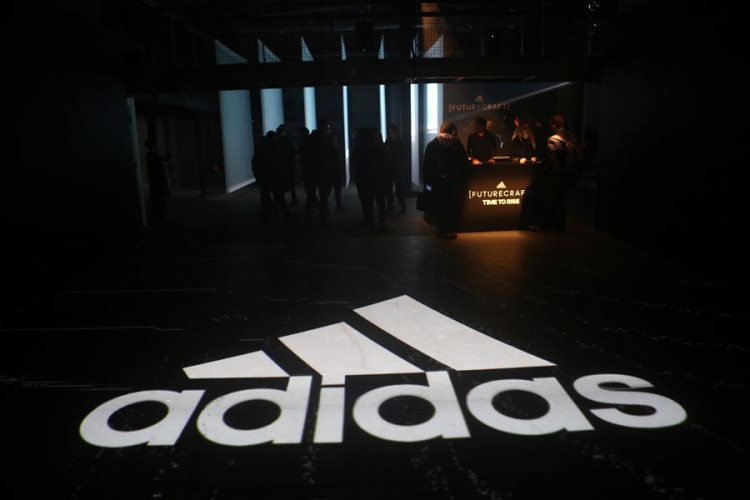Adidas has become the latest major brand feeling the turbulence overseas as factories in Vietnam remain shuttered because of COVID-19 outbreaks and consumers in China slow their demand.
The German-based company has hiked its outlook for 2021, despite a decline in sales in China where some consumers have boycotted the athletics brand for its position against alleged human rights violations, reports say.
Adidas posted an income that showed an uptick in sales in the second quarter across all markets except Greater China. The company's sales in the first six months fell by more than 15% in the mainland.
The company's net income has hit 397 million euros ($470 million) for the second quarter, a sharp contrast to the net loss of 294 million euros it reported in the same period last year.
The company expects sales will climb to 20%, and net income from continuing operations will hit 1.4-1.5 billion euros. That figure compared to Puma's sales estimates to grow at least 20% for the year.
Adidas posted a 55% rally in revenue across Europe and the United States compared to the same time in 2020.
Adidas chief executive officer Kasper Rorsted told CNBC's European "Squawk Box" that he was upbeat the company would bounce back in the Greater China market in the face of the boycott of western brands and factory closures because of surging cases of the virus.
Online profits were down 13% over the second quarter, as more consumers were able to visit brick and mortar shops. Adidas witnessed a sharp increase in online sales over the same period last year when many markets were forced into lockdown.
In March, western brands, including Adidas, received online bashing in China over recent statements saying they would not source cotton materials from Xinjiang following reports of human rights violations against Uyghur Muslims.
China has denied any such claims. Analysts and investors are keeping a close eye on Adidas' China sales.
As a result of geopolitical frictions, the company did notice an impact, particularly in its online business in the second quarter in China, but Rorsted thinks that will normalize over time.






